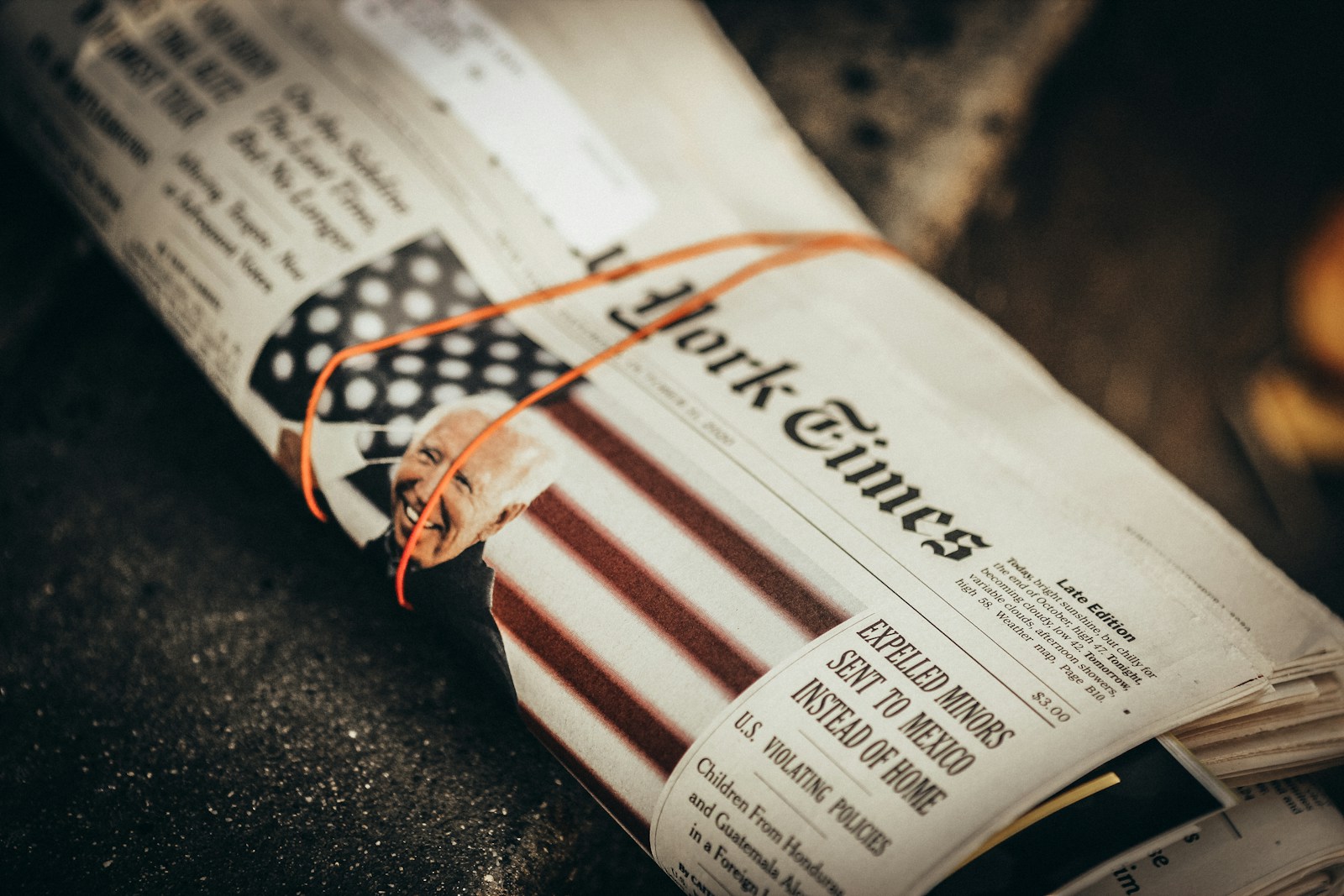
## Introduction
Australia’s national day is a momentous occasion that stirs up a mix of patriotic pride and heated debates. Celebrated on January 26th each year, this day commemorates the arrival of the First Fleet in 1788, marking the beginning of British colonization in Australia. While many Australians view this day as an opportunity to celebrate their nation’s achievements and cultural diversity, it also sparks controversy due to its historical implications for Indigenous Australians. In this article, we delve into the significance of Australia’s national day, exploring its historical context, celebrations, controversies, and calls for change.
Historical Context: The Arrival of the First Fleet
Australia’s national day, also known as Australia Day, traces its roots back to January 26, 1788, when Captain Arthur Phillip led the First Fleet to Botany Bay, New South Wales. The fleet consisted of 11 ships carrying convicts, marines, and officers from Britain, with the purpose of establishing a penal colony. Upon arrival, the British raised the Union Jack, claiming the land for the British Empire. This event marked the beginning of European settlement in Australia and laid the foundation for the nation as we know it today.
Evolution of Australia Day Celebrations
Early Celebrations
In the early years of Australian settlement, the anniversary of the arrival of the First Fleet was marked with formal dinners and ceremonies. These events aimed to foster a sense of national identity and unity among the settlers. However, it wasn’t until the 1800s that the day began to be recognized as a public holiday.
Federation and Official Recognition
The late 19th century saw Australia’s various colonies unite to form a federation. On January 1, 1901, the Commonwealth of Australia was officially established, leading to the adoption of Australia Day as a public holiday to celebrate this significant milestone. Parades, sporting events, and fireworks displays became prominent features of the day’s festivities.
Modern Celebrations
Today, Australia Day is celebrated with an array of events and activities across the country. From community barbecues and citizenship ceremonies to concerts, festivals, and fireworks, Australians come together to embrace their national pride. The Australian of the Year Awards, recognizing outstanding achievements and contributions to the nation, are also presented on this day.
Controversies Surrounding Australia Day
Indigenous Perspectives
For many Indigenous Australians, January 26th represents the beginning of a painful history of dispossession, violence, and cultural suppression. They refer to it as “Invasion Day” or “Survival Day” and view the celebrations as a reminder of their ongoing struggle for recognition, rights, and reconciliation. Calls to change the date have grown louder in recent years, with proponents arguing that it should be a day of reflection rather than celebration.
Reconciliation and Change
The debate surrounding Australia’s national day has intensified, prompting discussions on the need for reconciliation and a more inclusive date. Advocates for change propose shifting the date to one that acknowledges the rich Indigenous history and culture of Australia. This would provide an opportunity to promote understanding, healing, and unity among all Australians.
The Way Forward: Seeking a Shared National Identity
Listening to Indigenous Voices
In moving forward, it is crucial to listen to and respect the perspectives of Indigenous Australians. Their voices and experiences must be acknowledged and valued in the ongoing national dialogue. This includes engaging in meaningful conversations, consultation, and collaboration to address the complexities surrounding Australia’s national day.
Promoting Reconciliation
Reconciliation between Indigenous and non-Indigenous Australians is essential for a shared national identity. Encouraging education about Indigenous history, culture, and contributions can help foster understanding and empathy. Additionally, supporting Indigenous-led initiatives and promoting Indigenous representation across all sectors of society can contribute to the healing process.
Exploring Alternative Celebrations
Exploring alternative ways of celebrating Australia’s national day is another avenue for progress. This may involve incorporating Indigenous ceremonies, storytelling, and cultural events into the festivities. By doing so, Australia can honor its diverse heritage and move towards a more inclusive and united society.








